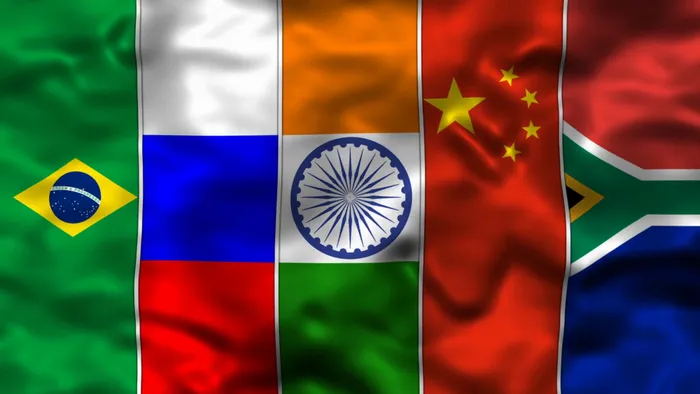A look at what the New Development Bank does and who heads up the organisation

The 9th Annual Meeting of the New Development Bank (NDB) will be held in Cape Town from the August 29 to 31, 2024. Picture: Independent Newspapers
The 9th Annual Meeting of the New Development Bank (NDB) will be held in Cape Town from August 29 to 31, 2024.
The NDB is a multilateral development bank established by BRICS countries to mobilise resources for infrastructure and sustainable development projects.
Membership of the bank is open to members of the United Nations, and the bank supports public and private projects through loans, guarantees, equity participation and other financial instruments.
The bank has a high level of initial authorised capital of $100 billion with initial subscribed capital of $50 billion and paid-in capital of $10 billion places NDB among the largest Multilateral Development Banks (MDB), globally.
In addition, the NDB has AA+/AA/AAA long-term international credit rating from S&P Global Ratings, Fitch and JCR3 Conservative risk management and financial policies.
The NDB aims to structure, negotiate, review and approve loans at speed without compromising project quality and risk management standards.

The NDB said that it is vested in promoting infrastructure and sustainable development of its member countries.
“We congratulate Dilma Rousseff, former President of the Federative Republic of Brazil, as President of the NDB and are confident that she will contribute to strengthening of the NDB in effectively achieving its mandate,” the NDB said in its declaration at the 15th BRICS Summit held in August 2023.
“We expect the NDB to provide and maintain the most effective financing solutions for sustainable development, a steady process in membership expansion, and improvements in corporate governance and operational effectiveness towards the fulfilment of NDB’s General Strategy for 2022-2026,” the Bank added.
“We welcome the three new members of the NDB, namely Bangladesh, Egypt and United Arab Emirates. We encourage the NDB to play an active role in the knowledge sharing process and incorporate the member countries best practices in its operational policies, according to its governance mechanism and taking into account national priorities and development goals.”
The NDB’s governance structure:

A breakdown of the NDB’s management team:
Dilma Vana Rousseff - President and board member
Rousseff is an economist and was elected the President of the Federative Republic of Brazil for two consecutive terms.
She previously, in the first two governments of President Luiz Inácio Lula da Silva, was the Minister of Mines and Energy and Minister Chief of Staff, a position she held until 2010.
During this period, she chaired the Board of Directors of Petrobras, Brazil’s largest and most important company.
As the President of Brazil, Rousseff focused her agenda on ensuring the country’s economic stability and job creation. In addition, during her government, the fight against poverty was prioritised, and social programs that started under President da Silva’s terms were expanded and internationally recognised.
Internationally, she promoted respect for the sovereignty of all nations and the defence of multilateralism, sustainable development, human rights, and peace, the NDB said.
Monale Ratsoma - Vice President and Chief Financial Officer
Ratsoma has extensive experience in both the public and private sector.
He spent six years as Director-General of NDB’s Africa regional centre and then served in various capacities in the Treasury, including head of SA’s economic policy. He also served as chief economist and acting CEO and other roles in private sector.
Vladimir Kazbekov - Vice President and Chief Operating Officer
Kazbekov has extensive experience in the public sector and in the area of development finance. He served in several senior roles in the Russian Ministry of Foreign Affairs and presidential executive office and worked in executive position for the Russian National Development Bank.
Anil Kishora - Vice President and Chief Risk Officer
Kishora has over 38 years of experience at the State Bank of India. He has extensive experience in both public and private sector, served as deputy managing director of SBI, was deputy managing director and chief general manager of SBI local head office in Chandigarh, India and was the CEO of SBI in Singapore.
Qiangwu Zhou - Vice President and Chief Administrative Officer
Zhou has extensive experience in the public sector and served as director general level official in the Ministry of Finance of China, while holding the positions of International Development Association (IDA) Deputy, and GEF Council member for China. He worked in the UN’s Administrative and Budgetary Committee, representing the Government of China and served as advisor and then senior advisor to the executive director for China in the World Bank Group.
IOL BUSINESS